Sims leads legislation to protect state budget from reckless federal cuts
- Details
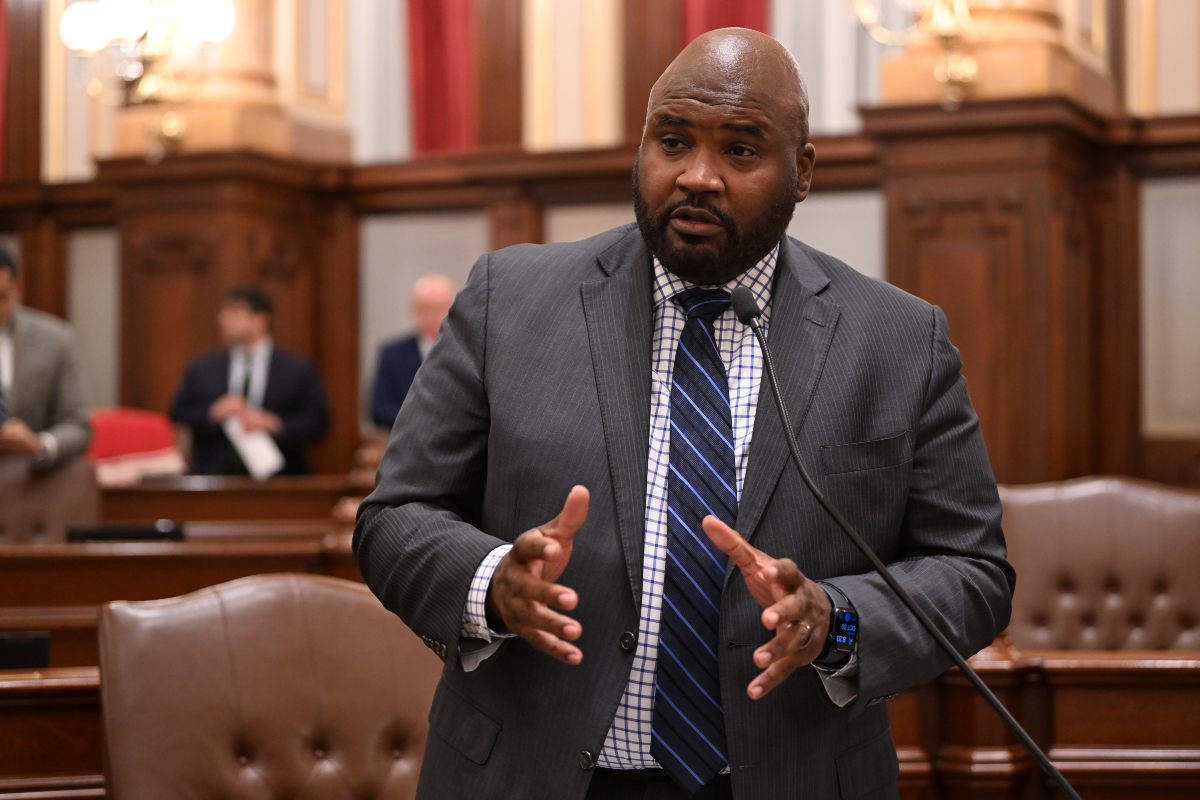 SPRINGFIELD – In response to devastating cuts to essential programs by the federal administration, State Senator Elgie R. Sims, Jr. led a measure to decouple Illinois tax policy from harmful federal changes and protect the state's Fiscal Year 2026 budget.
SPRINGFIELD – In response to devastating cuts to essential programs by the federal administration, State Senator Elgie R. Sims, Jr. led a measure to decouple Illinois tax policy from harmful federal changes and protect the state's Fiscal Year 2026 budget.
"While the federal administration carelessly slashes funding for programs that Illinois families depend on, we refuse to let their recklessness blow a hole in our state budget," said Sims (D-Chicago). "This measure is about protecting Illinois taxpayers and ensuring we can continue funding schools, health care and vital services despite the chaos coming from the federal government."
Read more: Sims leads legislation to protect state budget from reckless federal cuts
Holmes legislation empowering terminally ill adults to consider end-of-life options passes Senate
- Details
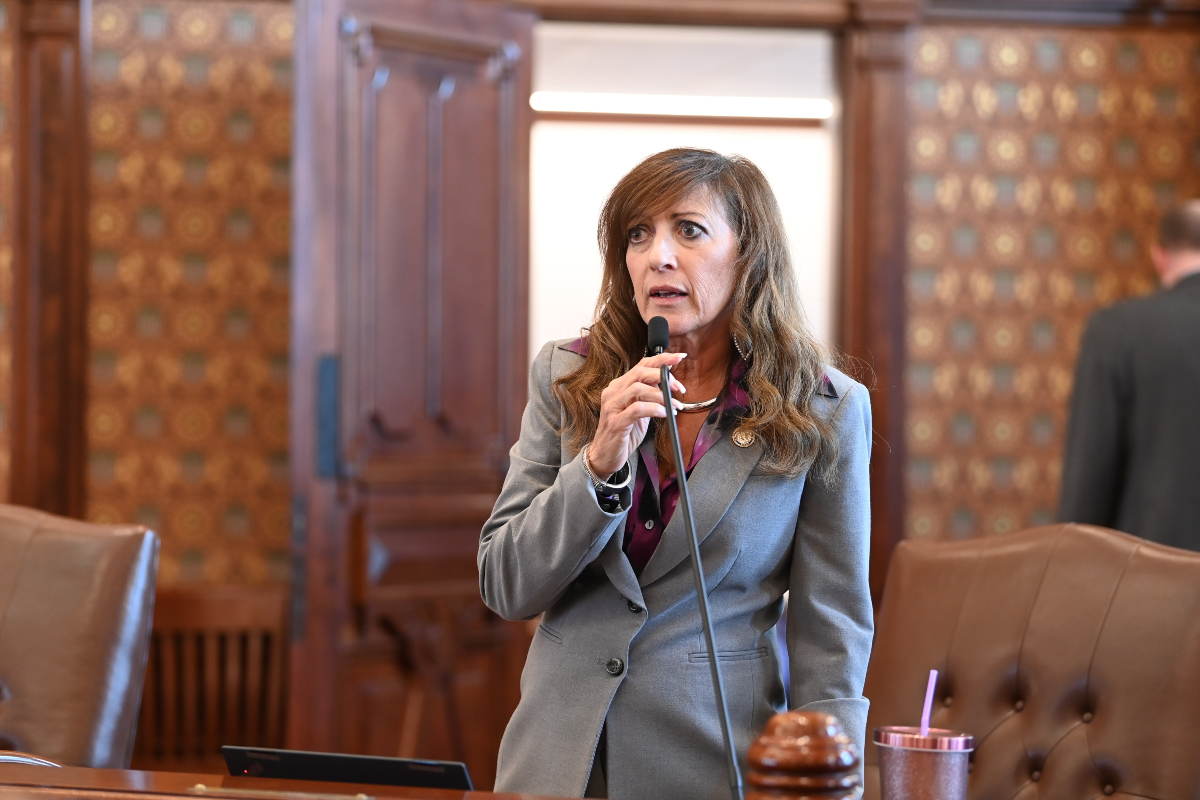 SPRINGFIELD – Senator Linda Holmes’ two-year pursuit to allow terminally ill adults in Illinois to choose to end their suffering on their own terms was passed by the Illinois State Senate Friday.
SPRINGFIELD – Senator Linda Holmes’ two-year pursuit to allow terminally ill adults in Illinois to choose to end their suffering on their own terms was passed by the Illinois State Senate Friday.
Senate Bill 1950 would allow a qualified patient with a terminal disease to request a physician to prescribe aid-in-dying medication, allowing the patient to end their own life in a peaceful manner, if and when, they choose.
“I lost both of my parents to terminal cancers, and can’t forget the helpless feeling of being unable to relieve their suffering,” said Holmes (D-Aurora). “This measure is about allowing qualified, terminally ill patients an option to consider ending their pain and distress.”
Simmons Passes Bill to Protect Tenants from Rental Junk Fees and Require Lease Transparency
- Details
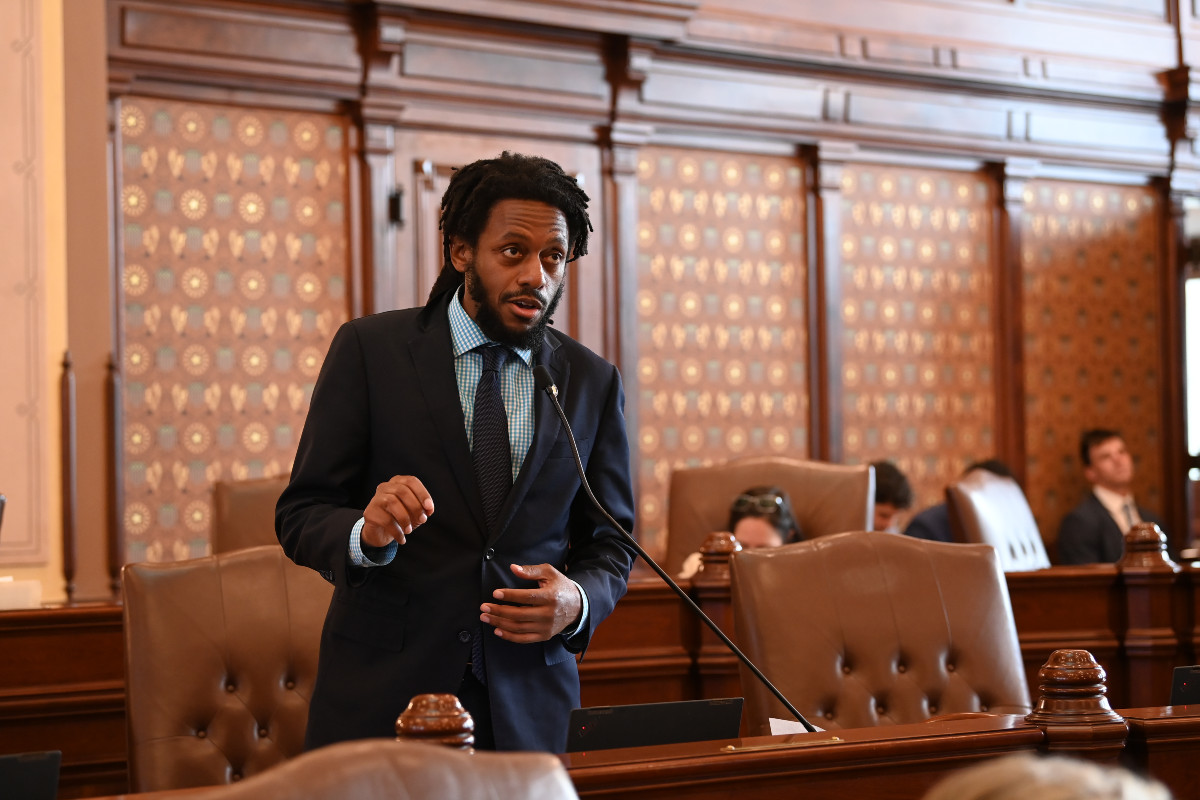
SPRINGFIELD – To protect the over one third of all Illinoisans who are renters, State Senator Mike Simmons passed legislation through the Senate that bans excessive junk fees and requires lease transparency.
“When a tenant signs a lease, they shouldn’t be surprised by charges included in their rent, especially for things like after-hours service requests, modifying or renewing a lease, or routine maintenance and upkeep of the rental unit. And yet, apartment fees are rising. House Bill 3564 protects renters from 11 excessive fees and ensures the renting process is transparent and fair, while maintaining landlords' access to the most common tenant screening tools,” said Simmons (D-Chicago). “HB3564 provides tenants with the right to know what fees they might expect, how much they cost, and how they will be charged on the first page of a lease.”
Under House Bill 3564, landlords and renters would have an outline of which types of fees can be charged to a tenant, how those fees must be disclosed and the manner in which they can be charged. This legislation would require all other fees connected to a tenant’s lease to be disclosed on the first page of the lease agreement along with a description of each fee, including a statement on whether utilities are covered within the rent. Tenants would not be responsible for paying any fee not disclosed within the lease.
Cervantes legislation to protect immigrant workers passes Senate
- Details
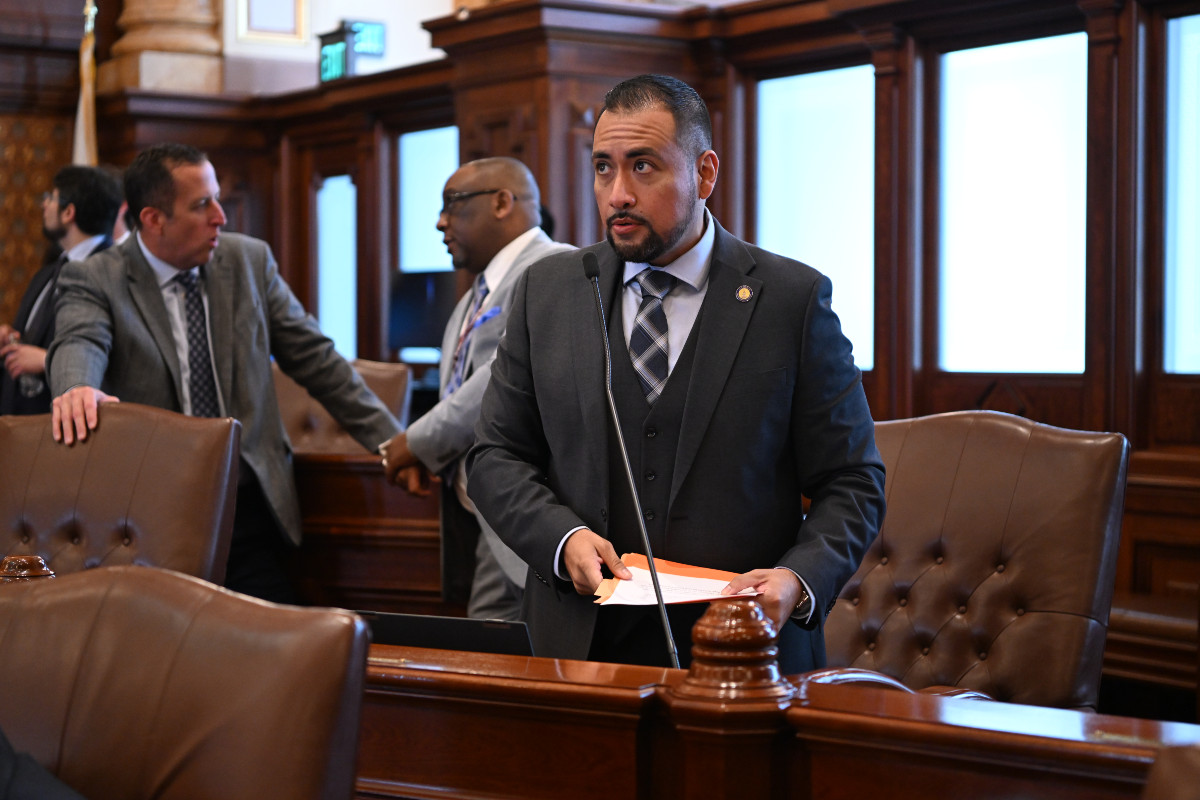
SPRINGFIELD – At a time when immigrant workers are facing unprecedented surveillance and discrimination, State Senator Javier Loera Cervantes is fighting to protect employees from unfair retaliation from their workplace through new legislation.
“Every employee makes mistakes, especially when filling out confusing, lengthy paperwork,” said Cervantes (D-Chicago). “It is unfair to hold immigrant employees to a wholly different standard where making such a mistake can result in them losing their job. As many immigrants are more afraid of losing work because of their immigration status than ever before due to the current political climate, I am proud to be making one element of their lives less anxiety-inducing through this legislation.”
Federal immigration law requires employers to verify the legal work status of their employees through an online system that compares information from an employee’s I-9 Form to records available to the Department of Homeland Security and the Social Security Administration to confirm eligibility. If discrepancies are found, immigrant workers have the possibility of receiving a “no match” letter for a variety of reasons, including instances where the individual changed their name due to marriage. Many employers terminate employees upon receiving this notice, even though they could be legally working in the United States.
Read more: Cervantes legislation to protect immigrant workers passes Senate
More Articles …
Page 4 of 732

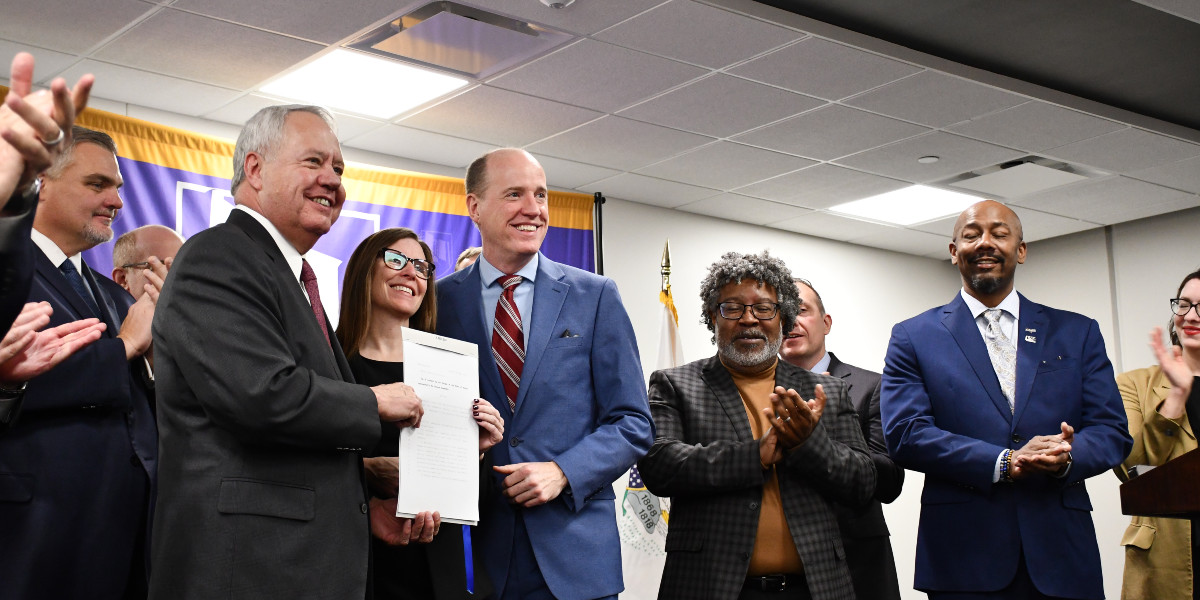
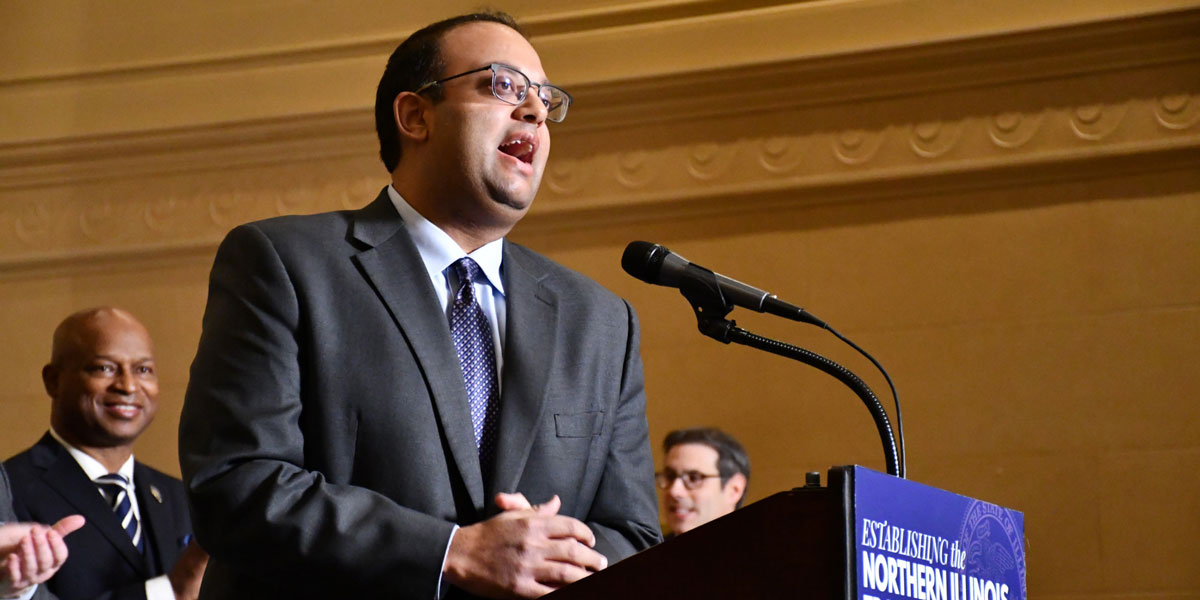
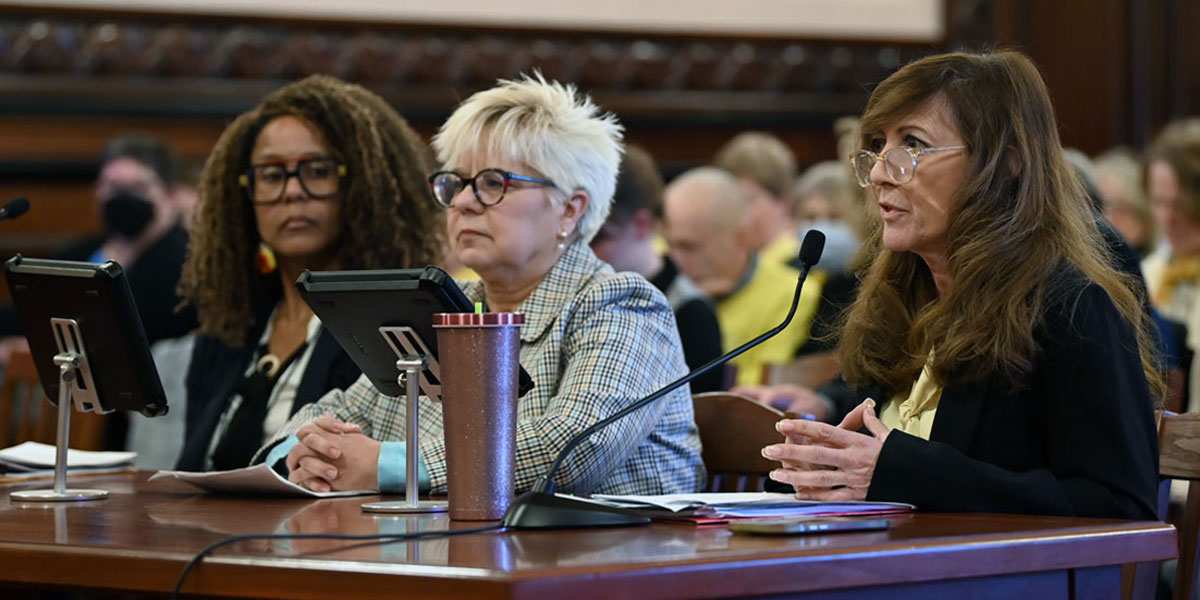
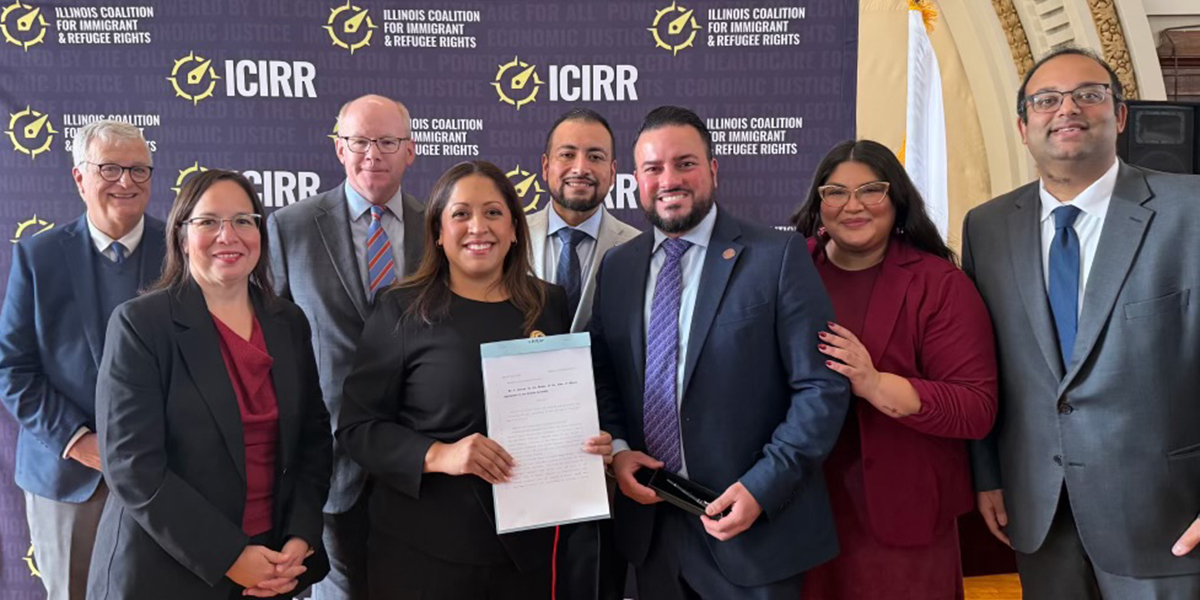
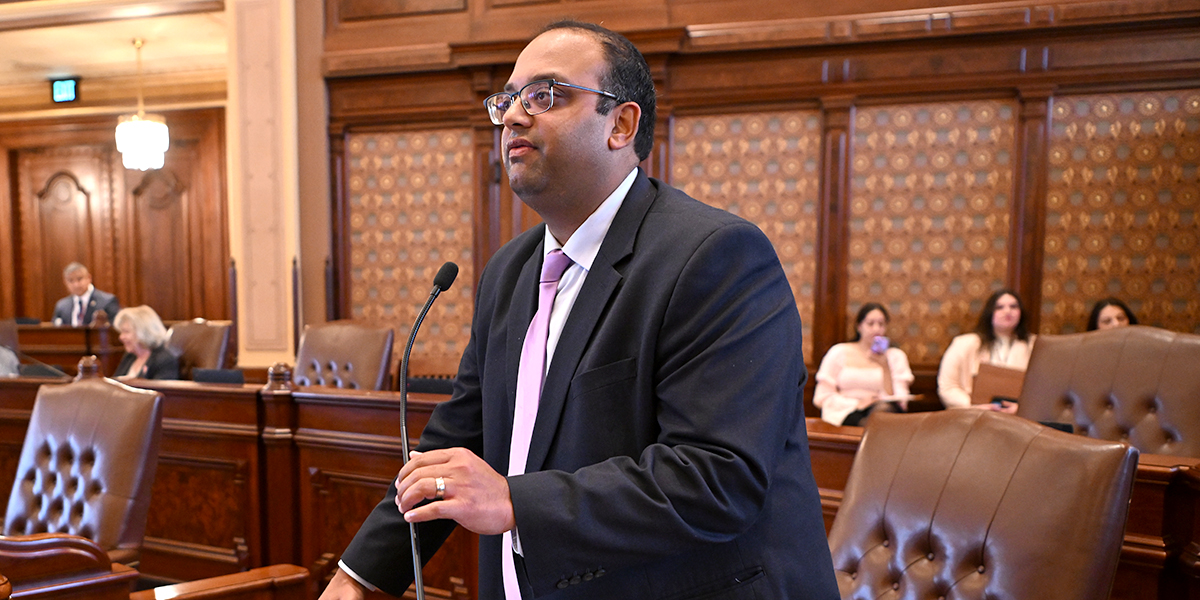


















 © 2026 Illinois Senate Democratic Caucus
© 2026 Illinois Senate Democratic Caucus